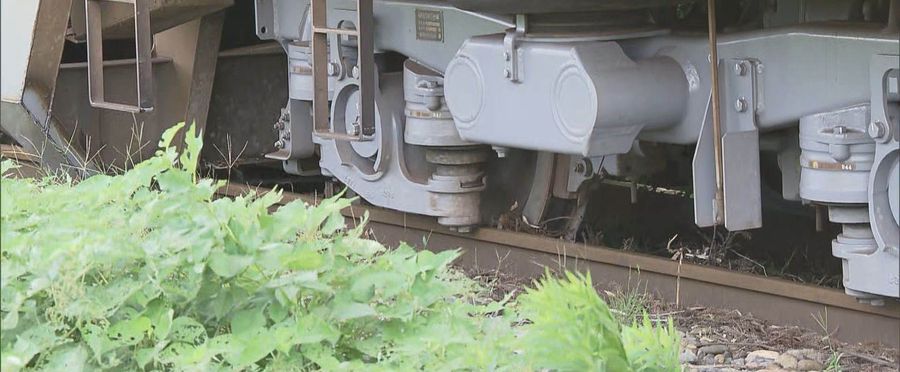A noteworthy incident took place in Japan where the Isumi Railway reportedly derailed, with investigations suggesting that rotten railway ties may be the possible culprit. The incident occurred recently, though no specific location has been revealed. Fortunately, no casualties have been reported yet. Railway authorities, together with the local government, have launched a comprehensive probe into why the railway ties came to degrade in the first place, determining if lack of maintenance or other factors are to blame.
In Japan, where railway systems are known for their unparalleled punctuality and safety record, such an incident provokes considerable attention. People highly value discipline and maintenance, and the news has sparked discussions around infrastructure and safety measures. The railway is not just a mode of transport, but a symbol of pride, making any incidents a significant point of concern. It also raises questions about regulatory oversight and accountability within the railway sector.
In comparison, rail transportation in the US and EU also place an emphasis on safety and reliable infrastructures. However, derailments or other similar incidents often lead to immediate and detailed scrutiny by independent transportation safety boards. In Japan, while the scrutiny is equally intense, it tends to be somewhat more internal and less public, emphasizing rectification and prevention of recurrence over placing blame.

